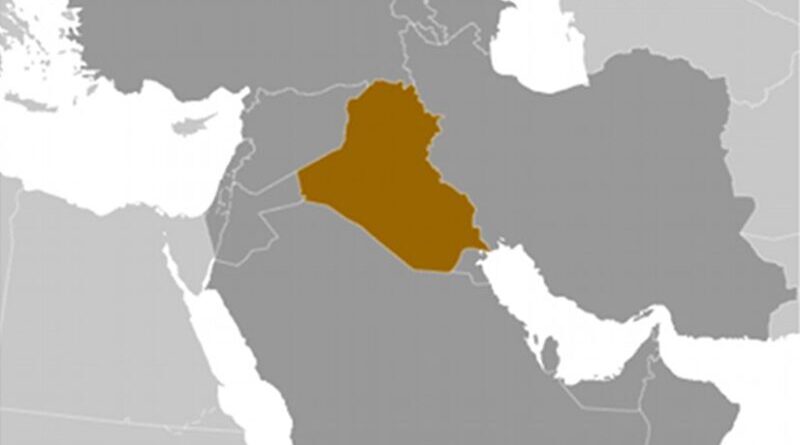Weak Link In Fight Against Islamic State – OpEd
By Arab News
By Abdulrahman Al-Rashed
Daesh has controlled the city of Ramadi since May. It seized the city center after Iraqi troops fled. The assault included suicide bombings — 18 suicide car bombs reportedly went off at once.
The Iraqi command blamed the army for the city’s fall, and brought in Shiite militias called the Popular Mobilization Forces to retake Ramadi, but they also failed. The Americans refused to cooperate, as they were well aware that they would become the target of citizens of the Sunni-dominated Al-Anbar province.
Fighting returned to Al-Anbar — which shares borders with Jordan and Saudi Arabia — after US forces began participating in anti-Daesh operations. They are only fighting via the air force, and are directing Iraqi forces and Sunni tribes via consultants and intelligence. “The coalition forces wish to expel Daesh from Ramadi as soon as possible, but this may take a few weeks,” said a US commander.
Even if they liberate Ramadi, the challenge is in the city of Mosul, the headquarters of Daesh’s command. “Battles there won’t be easy because Daesh will fiercely fight to defend it,” said the US commander.
Why have all the above failed to defeat Daesh in Iraq, a country with a central government, army, oil exports and a degree of stability? Not because Daesh is invincible, but because political leaders in Baghdad are incapable of overcoming their own problems.
The capital suffers from political chaos, the prime minister’s incapability, the interference of clerics and an increase in Iranian influence over decision-making. This is in addition to former Prime Minister Nouri Al-Maliki’s continuous incitement against his successor Haidar Al-Abadi. If it had not been for international forces’ desire to fight Daesh due to fears of its expansion, it would have been close to Baghdad itself.
Once Baghdad corrects its practices, it can eliminate Daesh. However, we do not yet see such indications. Terrorism, extremism and chaos will continue as long as Baghdad is torn apart and politicians are confused.

